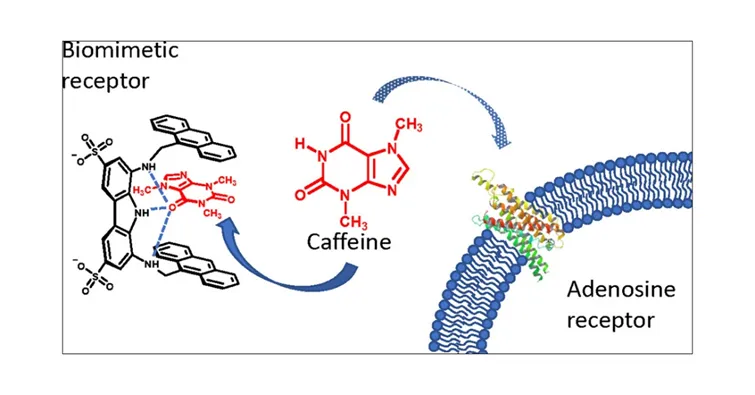By Arsema Dawit | 24th May, 2023
Uncover the effects of caffeine on studying, including its immediate benefits and long-term drawbacks. Learn about caffeine's impact on the body and brain, potential dependency issues, and discover alternative strategies for overcoming sleepiness and improving focus while studying.

Using coffee to stay up to study is one of the oldest tricks in the book, especially for high school and college students. Do you have a test tomorrow? Have a cup of coffee! Do you have to stay up late to catch up? Have some more coffee. We do this because we find it easy. Most people have coffee in the house, so it’s accessible for everyone. And while it’s true that this can be very helpful, having too much comes with its disadvantage.

Coffee comprises numerous compounds, including tannin, quinic acid, lipids, etc. However, the main coffee constituent with the most effect is the infamous caffeine.
What Exactly Is Caffeine?
Caffeine is a drug that stimulates the brain and the nervous system. It is commonly found in numerous day-to-day drinks such as tea, coffee, soft drinks, and energy drinks. It is also found in sweets such as chocolate.
What Does Caffeine Do To Your Body?
Caffeine is usually well-absorbed by the body in a short time. The short-term effects of caffeine are usually experienced 5-30 minutes after consumption. These effects include increased heart rate, mental alertness, and physical energy. Although it varies for each person, these effects usually last up to 12 hours.
How Does Caffeine Affect Your Brain?
When we talk about the brain, caffeine affects adenosine and the function of adenosine receptors. When adenosine receptors bind with adenosine, it leads to drowsiness. However, these receptors can’t tell the difference between adenosine and caffeine and can bind to both.
Therefore, when you have a caffeinated beverage, these receptors bind to caffeine, resulting in increased wakefulness instead of tiredness.

Caffeine Dependency
Like most drugs, it is possible to develop a tolerance towards caffeine. In other words, you’ve become so used to caffeine that you need to consume larger amounts to experience the same effects. Eventually, you might become physically and psychologically dependent on caffeine.
Suppose you are used to having caffeine every day or at least regularly and suddenly stop. In that case, you may experience withdrawal symptoms such as fatigue, mood swings, headaches, sweating, and anxiety.

The easiest way to break this dependency is to gradually reduce the amount you’re having. This gives your nervous system time to adapt to functioning without the drug.
Does It Work?
After looking at caffeine's short- and long-term effects, it’s time to ask if it is worth it. And does it really work?

Although caffeine immediately benefits your ability to study, spending a long time under its effects can lead to burning out, which could be more helpful for people trying to understand or memorize information.
Despite their ability to boost your energy, caffeinated drinks are not long-term solutions for sleepiness, lack of concentration, and lack of motivation. While caffeine can temporarily decrease tiredness, your body and brain still need adequate rest to function properly.
Thumbnail Design by Mudit Jha






Forgot password?
Close message
Subscribe to this blog post's comments through...
Subscribe via email
SubscribeComments
Post a new comment
Comment as a Guest, or login:
Connected as (Logout)
Not displayed publicly.
Comments by IntenseDebate
Reply as a Guest, or login:
Connected as (Logout)
Not displayed publicly.